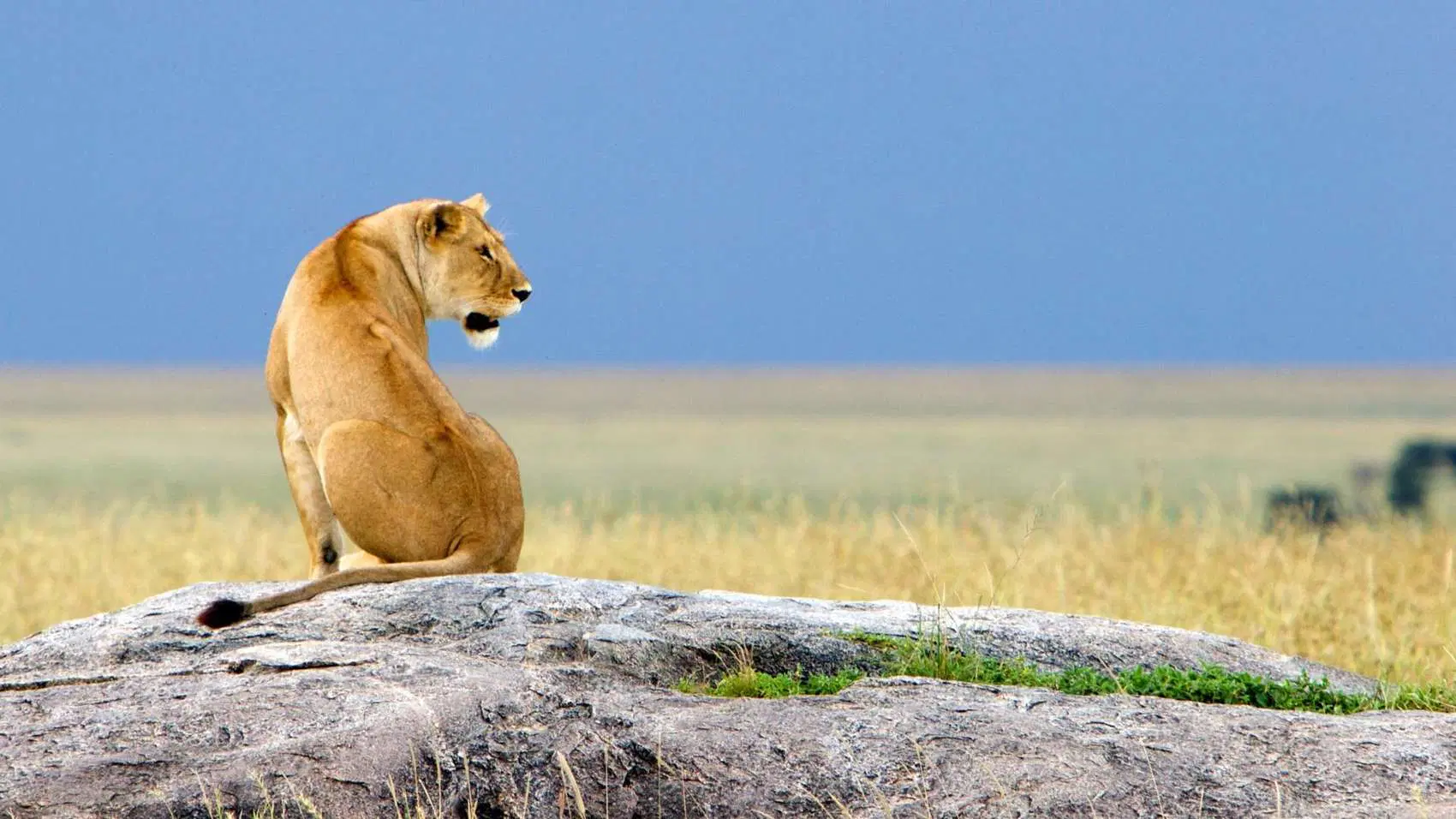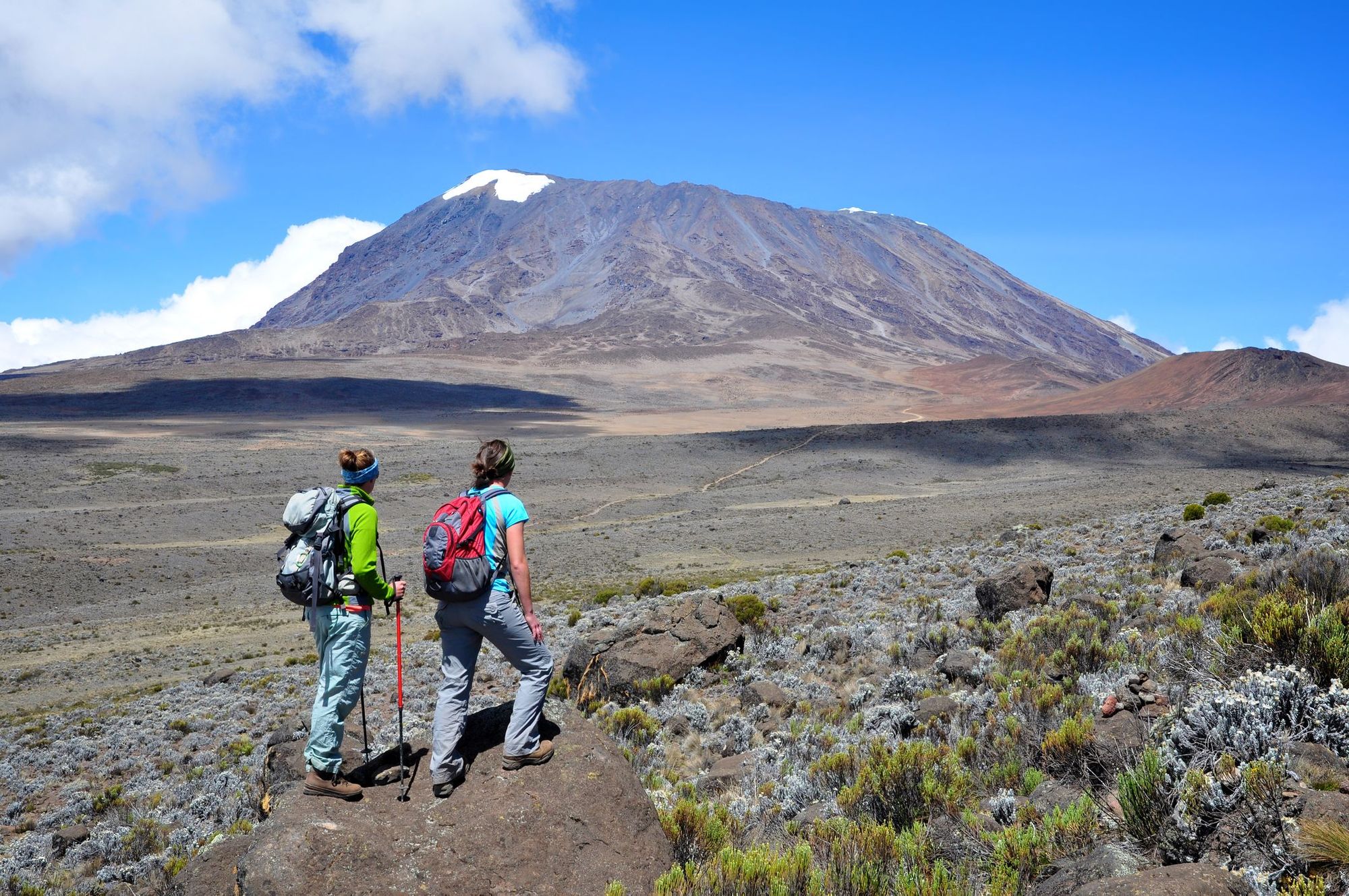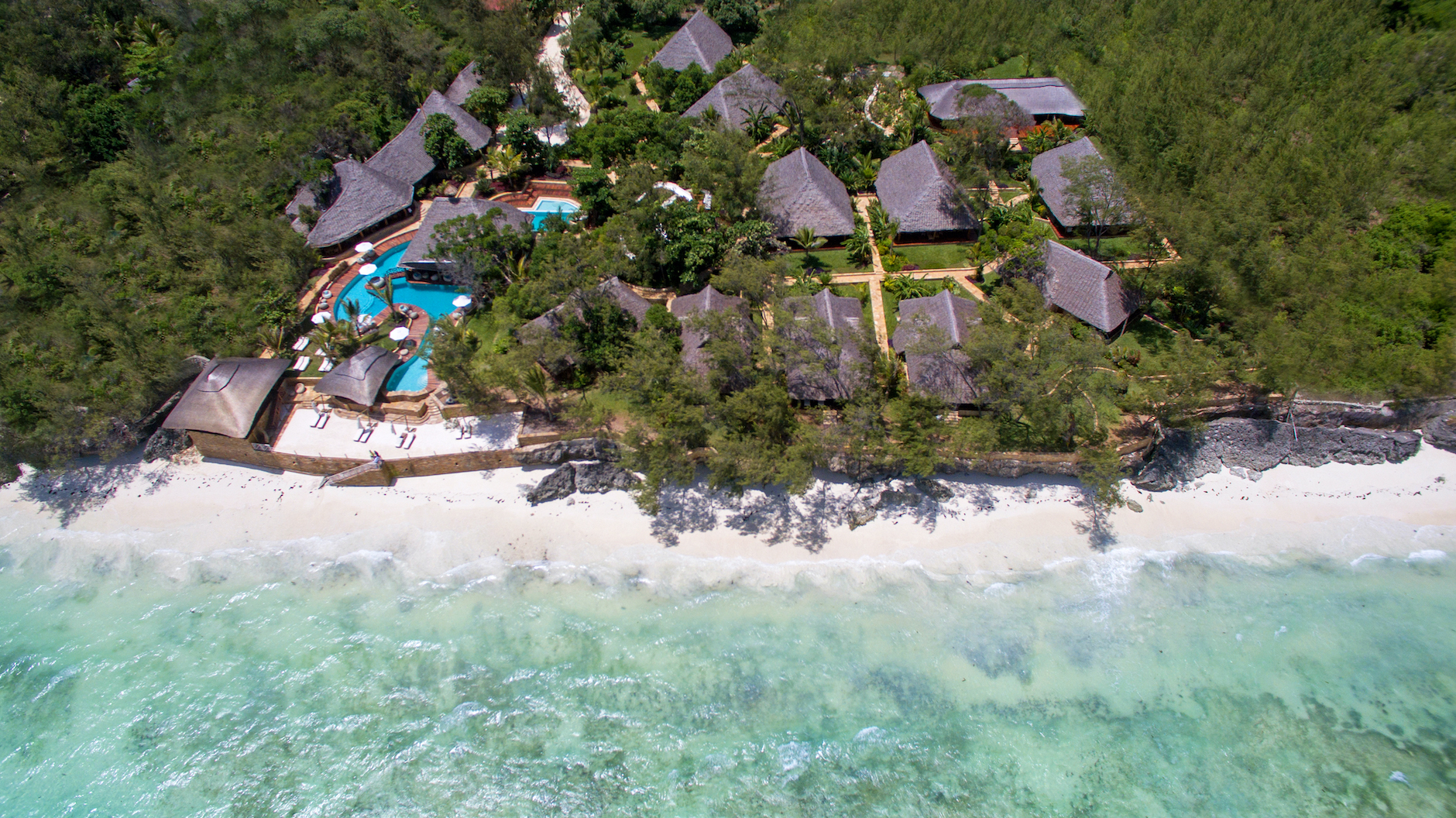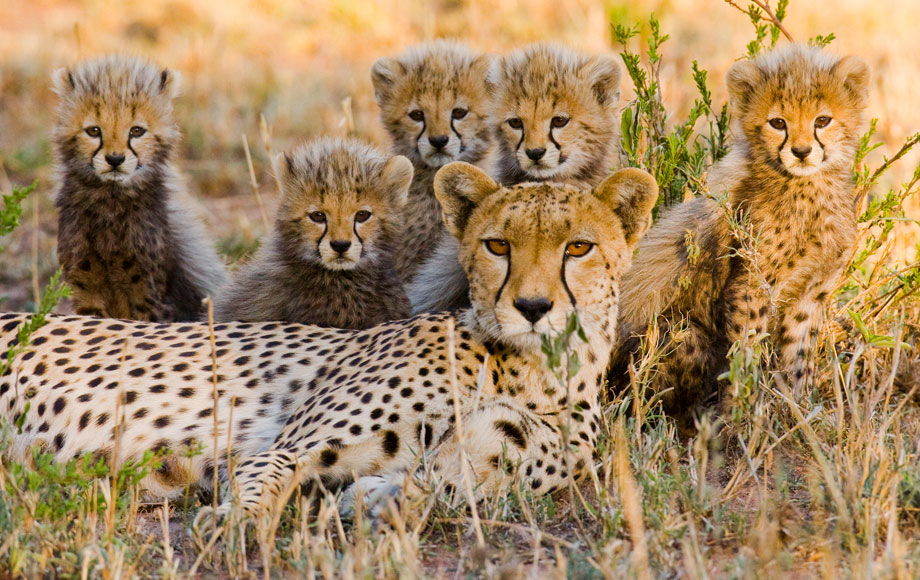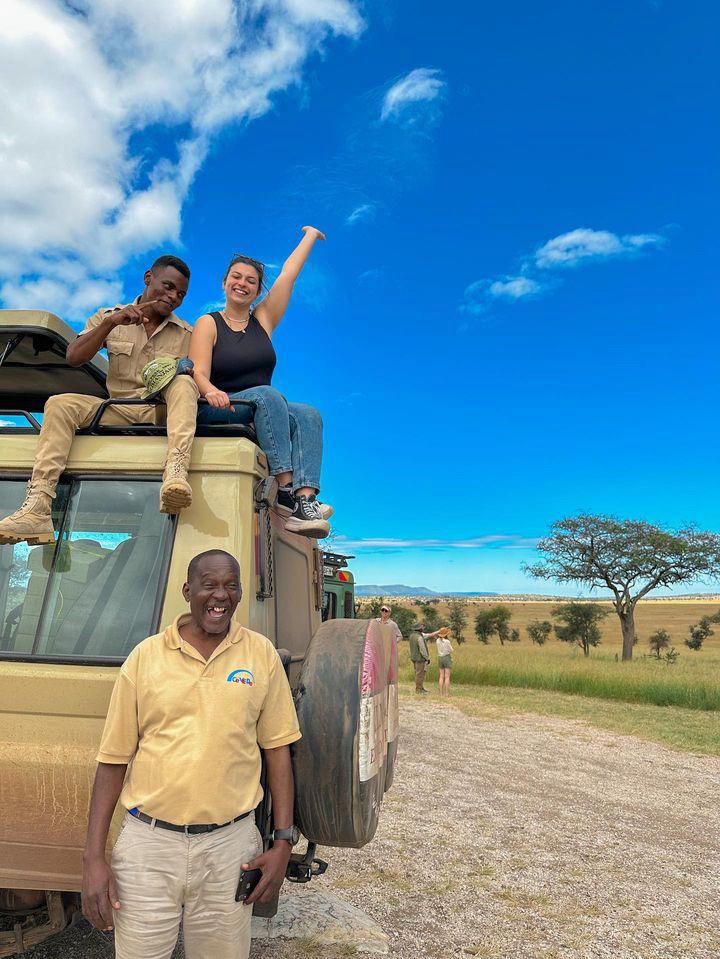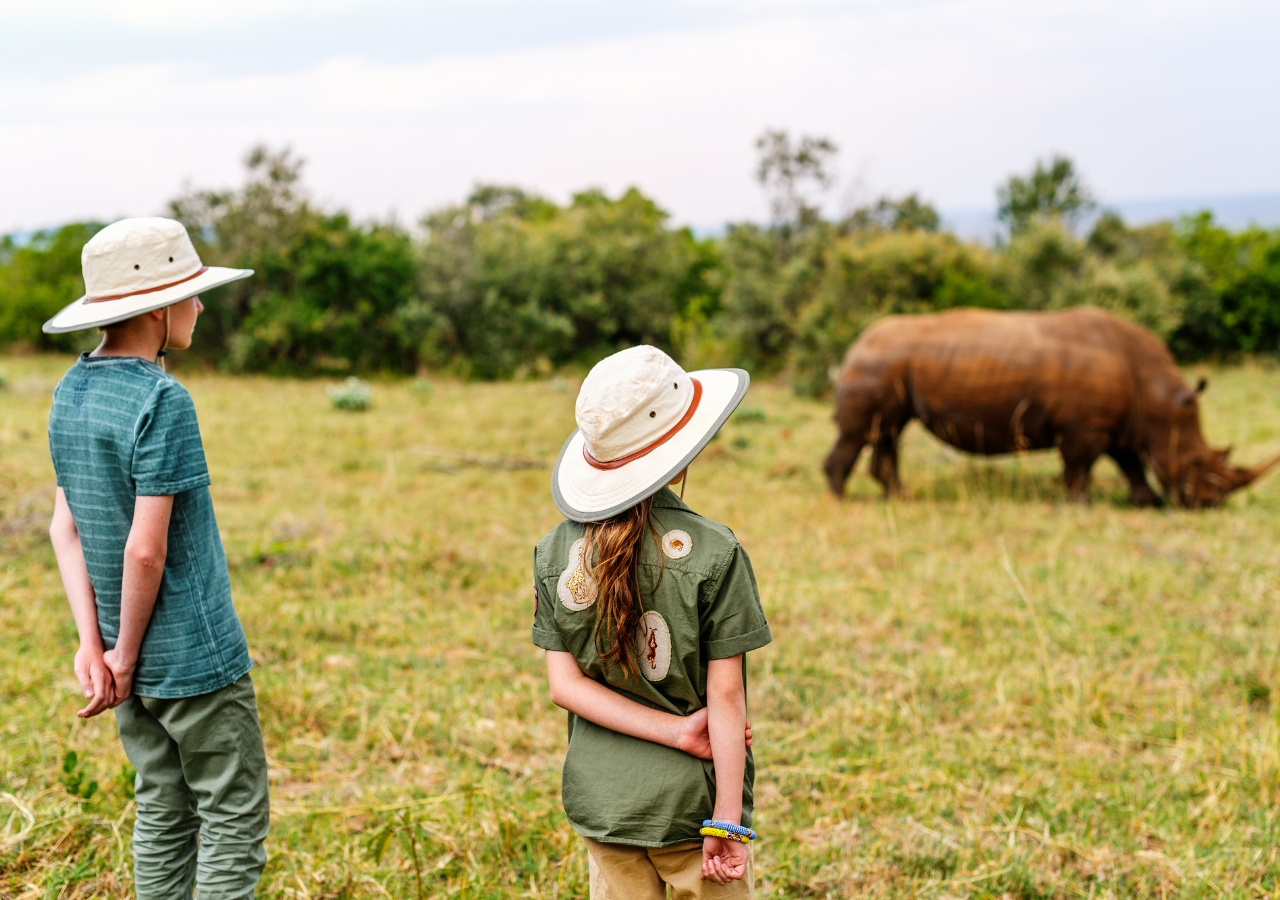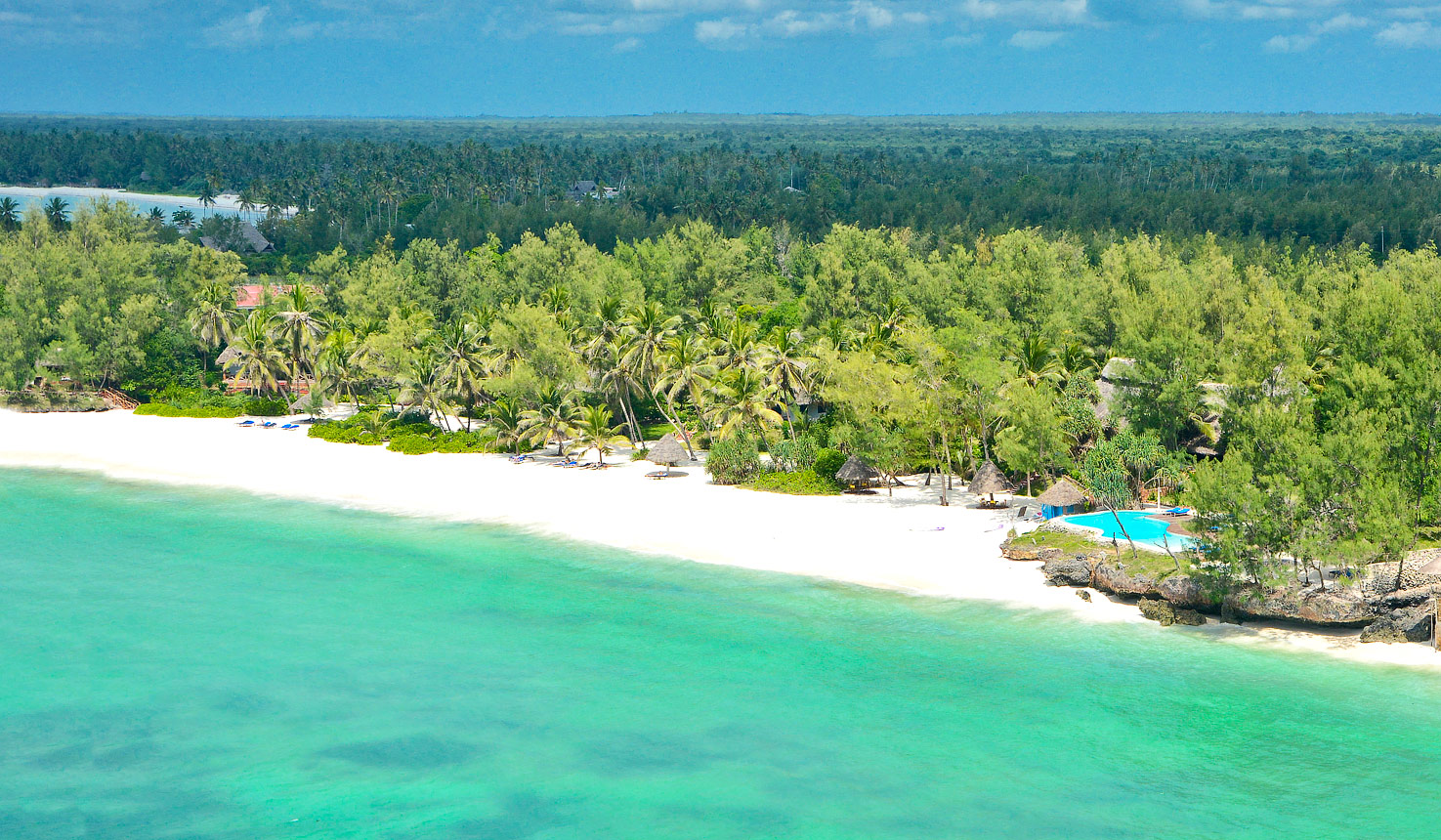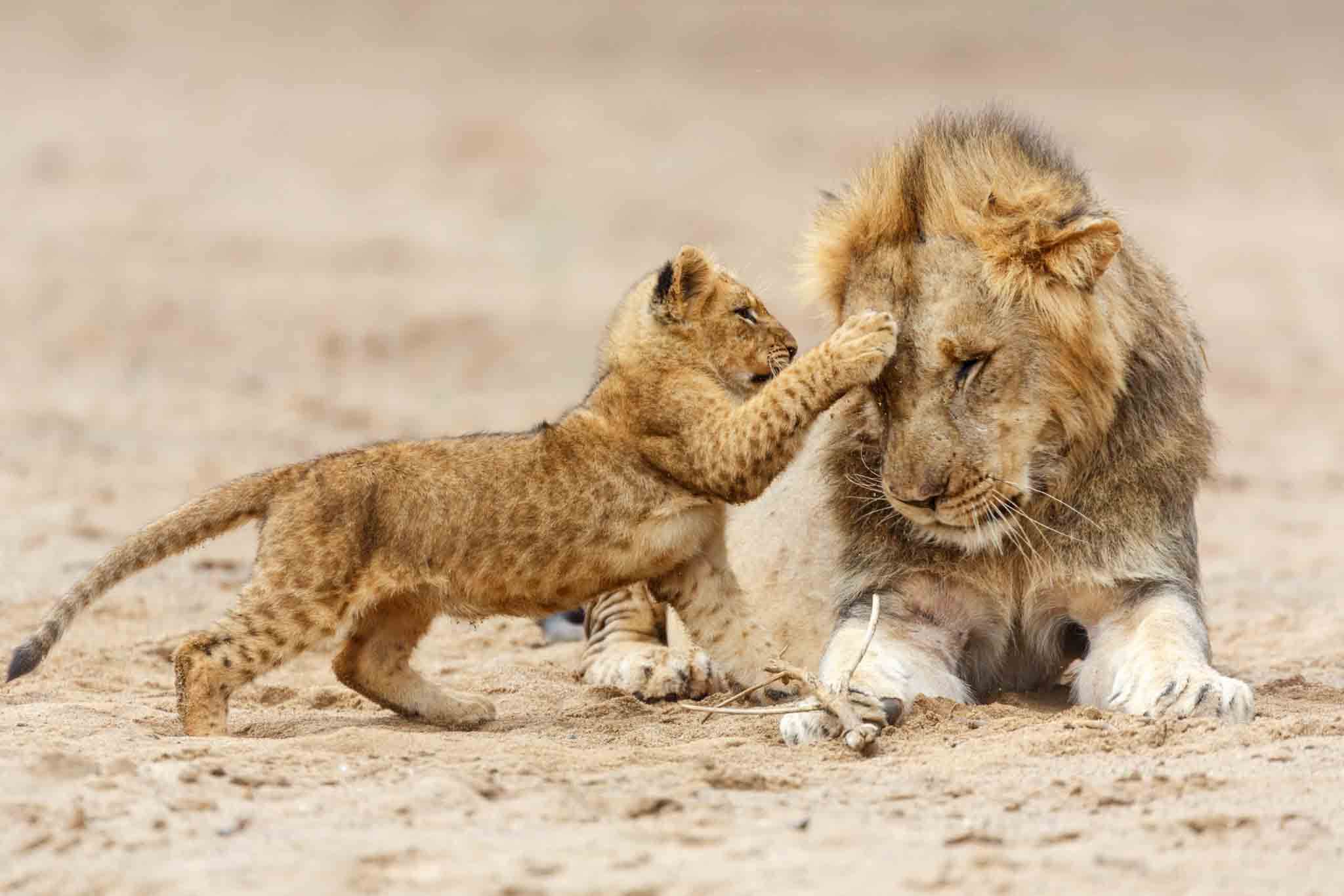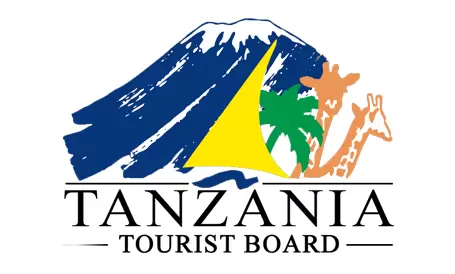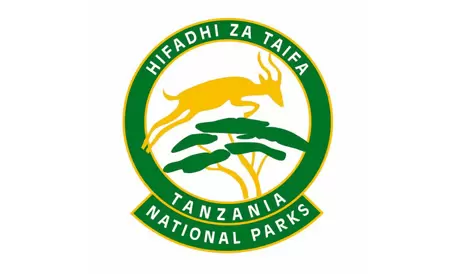Remember, it’s essential to work with a reputable and experienced safari for Ilimaasai in Tanzania to ensure a safe and enjoyable experience. They can help you with all the details, including airport transfers, accommodations, and safari activities.
10 reasons why you should hike mount kilimanjaro
1. Kilimanjaro is Africa’s highest point and one of the seven summits. It needs no technical skills or climbing equipment to conquer the summits. In other words, a beginner without any experience on big mountains can safely and successfully make it to the top. Note: Technically, the easiest to climb of the world’s Seven Summits is Kilimanjaro. 2. A week’s walk from the equator to the north pole. Kilimanjaro is a snow-covered mountain on the equator. Climbing Kilimanjaro is like hiking from the equator to the North Pole in a week. It provides dramatic changes in vegetation and animal life day by day. Making it one of the world’s greatest wonders 3. A world on its own. Did you know? while the entire United States enjoys 7 climatic zones, Mount Kilimanjaro enjoys 5?. The Mountain guarantees an experience that is out of this world, scenic changes in vegetation and climate creates that feeling of “traversing through different worlds within just a few hours.” Kilimanjaro’s 5 climatic zones. Cultivation: Farmlands, small villages, coffee and fruit plantations. Rain forest: Most wildlife is be found here. Heather-Moorland: Shrubs and unique flora are everywhere. Alpine Desert: Unique landscapes featuring volcanic rocks in varied shapes and sizes, and also extreme temperatures. Glacier Summit: An arctic zone. 4. Kilimanjaro is a pristine getaway to connect with nature. Staying a minimum of four nights of camping and walking through different vegetation is refreshing and will make you reconnect with nature especially when coming from major cities. 5. The mountain that inspires. Whether you want to inspire yourself or others towards a cause hiking Kilimanjaro can be it, Kilimanjaro belongs to Tanzania, the first nation in East Africa to win independence from colonial powers (it was then called Tanganyika). Before independence in 1959, soon-to-be President Julius Nyerere said: “We, the people of Tanganyika, would like to light a candle and put it on the top of Mount Kilimanjaro which would shine beyond our borders giving hope where there was despair, love where there were hate and dignity where before there was only humiliation.” Today, the summit is called Uhuru Peak–Uhuru is the Swahili word for “Freedom.”. Fact: President Nyerere went on to inspire freedom & liberate east & southern African countries 6. A hot spot for studying climate change, global warming is one of the most debated topics with many arguing for & against it, from prominent global leaders to young activists all with great conviction to their arguments. The Kilimanjaro shrinking glaciers have been used for so long as evidence to support arguments for global warming therefore it is one of the best places for you to clear your doubts and take a stand. 7. Hiking Kilimanjaro is not very difficult but also not an easy task with many hikers claiming it is one of the most challenging tasks they have done both at a physical and mental level. Climb Kilimanjaro, stand on the roof of Africa and see the world in a different way. A mountain top is a place for vision, inspiration, and a new beginning. As the famous song by Juluka goes: “I’m sittin’ on top of Kilimanjaro, I can see a new tomorrow. I’m sittin’ on top of Kilimanjaro. I cast away all my sorrows. Tip: Kilimanjaro is a worthy accomplishment to brag about. 8. Kilimanjaro, Picturesque & Stunning. the scenery from the trail start to the summit is amazing, from its green vegetation, the kissing rock to the summit. You will be rewarded with great scenes, views of sunrise, sunsets, the summit and if planned well great view of the full moon Other reasons why you should consider hiking the Kilimanjaro 9. Africa’s best safaris, as you will already be in Tanzania a safari to Serengeti & Ngorongoro crater is a worthy extension one not to miss considering these wildlife destinations are arguably the best in the world. However, they are just the tip of the iceberg with over 26 national parks in Tanzania Tip: Tanzania is home to half of the world’s lions. 10. Beach extensions, Tanzania has a large coast but the archipelago islands of Zanzibar are the most known for clean, crystal waters and stunning beaches.
10 reason why you should visit zanzibar
Zanzibar is a stunning island destination in East Africa that offers a unique blend of culture, history, and natural beauty. Here are ten compelling reasons why you should consider visiting Zanzibar: Whether you’re interested in history, culture, nature, or simply a relaxing beach vacation, Zanzibar has something to offer everyone, making it a fantastic destination to explore.
Whats makes your Luxury Safari and Beach Extension in Tanzania
Exclusive Lodges and Camps: Luxury safaris often include accommodations at high-end lodges, tented camps, or private villas. These properties offer top-notch service, gourmet dining, and exceptional comfort in the heart of the wilderness. Diverse Wildlife: Tanzania is home to a wide variety of wildlife, including the Big Five (lion, elephant, buffalo, leopard, and rhinoceros). The Serengeti and Ngorongoro Crater provide opportunities for incredible wildlife viewing. Guided Safaris: Knowledgeable and experienced safari guides lead your game drives, enhancing your wildlife encounters. They can provide valuable insights about animal behavior, ecosystems, and conservation efforts. Great Migration: If your luxury safari coincides with the Great Migration, you can witness thousands of wildebeest and zebras crossing the Serengeti in search of fresh grazing lands. Private Game Drives: Some luxury safaris offer the option for private or custom game drives, allowing you to personalize your safari experience. Scenic Flights: Experience the breathtaking landscapes of Tanzania from the air with optional scenic flights, which provide a unique perspective of the national parks and reserves. Bush Dining: Enjoy gourmet dining under the African skies with bush breakfasts, picnics, and romantic candlelit dinners in the wilderness. Beach Retreat: After the excitement of your safari, head to the tropical coastline of Tanzania, such as Zanzibar or the Tanzanian coastal areas, for a serene beach vacation. Luxury beach resorts provide private access to pristine beaches, water activities, and spa treatments. Water Activities: Explore the vibrant marine life with snorkeling, scuba diving, and boat trips to nearby coral reefs. Many luxury beach resorts offer these activities right at your doorstep. Cultural Experiences: Engage with local cultures through visits to fishing villages, spice plantations, and historical sites, enhancing your understanding of Tanzania’s rich heritage. Privacy and Seclusion: Luxury safari and beach packages often provide a sense of exclusivity and privacy, ensuring a peaceful and romantic getaway. Personalized Service: Expect impeccable service throughout your journey, with staff dedicated to meeting your needs and making your experience extraordinary. Sustainability: Many luxury safari and beach operators are committed to sustainable and eco-friendly practices, contributing to conservation efforts and community development. A luxury safari and beach extension in Tanzania combines the best of both worlds, allowing you to immerse yourself in the natural wonders of the African wilderness while also enjoying the pampering and relaxation of a beachfront retreat. It’s an ideal way to experience the diverse beauty and culture that Tanzania has to offer.
Safari Etiquette – How to Behave on Safari
Etiquette on a safari is all about respecting the environment that you are visiting and your fellow passengers. NOTE: If there is an individual on your safari that is spoiling things or something that a lodge or guide is doing that is upsetting you. Please let us and the lodge/ guide know as soon as possible so these aspects can get sorted out as quickly as possible. Do not wait until you have returned home to let us know, this is too late and your safari has been ruined. Respect your environment; Respect the wildlife; Respect your fellow passengers; Respect local customs and people;
When is the Best Time to Visit Tanzania for Wildlife Safaris & More?
The best time to visit Tanzania for wildlife safaris and various outdoor activities depends on your priorities and interests. Tanzania offers diverse experiences throughout the year. Here are the key factors to consider: In summary, the best time to visit Tanzania for wildlife safaris is during the dry season (June to October) when animal sightings are at their peak. However, if you prefer more budget-friendly options and don’t mind occasional rain, the shoulder seasons can be rewarding. Ultimately, the timing of your visit should align with your specific interests, whether that’s optimal wildlife viewing, photography, or unique seasonal experiences.
Best Time To Climb Kilimanjaro
The best time to climb Mount Kilimanjaro, the highest peak in Africa, largely depends on the weather conditions and your personal preferences. Here’s a breakdown of the two primary climbing seasons on Kilimanjaro: The most popular times to climb Kilimanjaro are during the dry season months (June to October), especially in July and August when the weather is at its most stable. The benefits of climbing during this period include clear views, well-maintained trails, and a greater chance of reaching the summit. These months are ideal for those who prefer more predictable and comfortable weather conditions. While the short rainy season months (November to December) can be less crowded, they come with the risk of wetter trails and the need for rain gear. Climbers looking for a quieter experience might still consider these months, but it’s important to be prepared for potentially slippery conditions. Ultimately, the best time to climb Kilimanjaro depends on your tolerance for rain and cold, as well as your preference for crowd levels. Be sure to check with reputable tour operators, as they can provide specific information about conditions on the mountain and help you plan your trek accordingly.
What to Pack for Safari: The Ultimate Safari Packing List
When preparing for a safari, it’s essential to pack wisely to ensure a comfortable and enjoyable experience. Here’s a comprehensive list of items to consider when packing for your safari adventure: 1. Clothing: 2. Safari Gear: 3. Personal Items: 4. Luggage: 5. Miscellaneous: 6. Optional Items: 7. Safari-Specific Items: Remember that packing lightly and efficiently is crucial, as you may have weight restrictions for internal flights or limited space in safari vehicles. Check the weather and specific requirements with your safari operator to tailor your packing list accordingly. Most importantly, respect the environment by using eco-friendly products and reducing plastic waste during your safari.
Which beach & where to stay in Zanzibar & private islands
When planning your vacation in Zanzibar, one of the key decisions you’ll need to make is where to stay. Zanzibar offers a variety of beach destinations, each with its unique charm. We’ll provide insights into different parts of Zanzibar to help you decide where to stay. Zanzibar Northern West Beaches The northwest part of Zanzibar consists of the popular beaches Nungwi and Kendwa. These beaches are adjacent to each other, making it easy to explore both. Nungwi Beach: Nungwi, located at the northernmost tip of Zanzibar, is one of the most popular beaches on the island. It’s renowned for its stunning sunsets, a picturesque blend of traditional fishing scenes and modern resorts, and an abundance of water activities. The party-like atmosphere and bars make Nungwi the most active beach on the island. Why Nungwi: However, some travelers may find Nungwi a bit crowded and occasionally get approached by local vendors. Kendwa Beach: Kendwa Beach, located just south of Nungwi, shares many similarities with its neighbor, including stunning sunsets and water activities. Kendwa Rocks Beach hosts a popular full moon party every month. Activities in Nungwi & Kendwa: Both beaches offer similar activities, including snorkeling at Mnemba Atoll, visits to the turtle sanctuary, scuba diving, water sports, sunset dhow cruises, buggy tours, and more. Zanzibar Eastern Beaches The east coast of Zanzibar is characterized by lower tides compared to the north and west, making it less favorable for swimming. The beaches in this region, including Paje, Jambiani, Matemwe, Kiwengwa, Pwani Mchangani, Uroa, and Pongwe, are quieter and less crowded. Why the East Coast: Specific East Coast Beaches: Zanzibar Western Beaches & Stone Town The west coast, including Stone Town, is more famous for its historical significance and is still a major trading hub. The beaches here are busier due to their proximity to the town. Stone Town: Stone Town is the historical heart of Zanzibar, a UNESCO World Heritage Site. It’s a blend of African, Arabic, and colonial influences, offering a unique atmosphere for exploration. Zanzibar Southern Beaches The south side of Zanzibar, including Kizimkazi and Mtende beaches, is known for its small fishing villages. It’s an authentic and less-visited area, ideal for dolphin tours and boat cruises. Tanzania Exclusive & Private Islands If you’re seeking privacy and exclusivity, consider private islands in the region: Each of these destinations in Zanzibar offers a unique experience, so choose the one that aligns with your preferences and priorities for your vacation. Enjoy your Zanzibar adventure!
Why a Tanzania Safari is a Best Safari
Breathtaking Wildlife: Tanzania is renowned for its diverse and abundant wildlife. The country is home to the Big Five (lion, elephant, buffalo, leopard, and rhinoceros) as well as numerous other species, making it a prime destination for wildlife enthusiasts. Great Migration: The annual Great Migration, where vast herds of wildebeest and zebras move in search of fresh grazing, is a natural spectacle that is unmatched in its drama and scale. Witnessing this event is a highlight of many safaris in Tanzania. Iconic National Parks: Tanzania boasts world-famous national parks and reserves such as the Serengeti, Ngorongoro Crater, Tarangire, and Manyara. These areas offer excellent opportunities for game drives and wildlife viewing. Diverse Ecosystems: Tanzania features diverse landscapes, from the savannahs of the Serengeti to the dense forests of Mahale Mountains and the picturesque beaches of Zanzibar. This variety ensures a well-rounded safari experience. Cultural Richness: Tanzania has a rich cultural heritage with over 120 distinct ethnic groups. You can engage with local communities, visit Maasai villages, and experience Swahili culture in Stone Town, Zanzibar. Scenic Beauty: The country is known for its stunning landscapes, including the vast plains of the Serengeti, the unique geological features of the Ngorongoro Crater, and the picturesque shores of Lake Victoria and Lake Tanganyika. Great Birding: Birdwatchers will be delighted by the diverse birdlife in Tanzania. It’s a fantastic destination for spotting a wide range of bird species, including raptors, waterbirds, and songbirds. Luxury Safari Options: Tanzania offers a range of luxury safari accommodations, including high-end lodges, tented camps, and private villas. These provide exceptional comfort and service in the midst of nature. Guided Safaris: Knowledgeable and experienced guides accompany you on game drives, sharing their insights into the animals’ behavior and the ecosystems, enhancing your safari experience. Conservation Focus: Tanzania places a strong emphasis on wildlife conservation and protecting its natural treasures. Various initiatives and policies are in place to safeguard the country’s unique ecosystems. Sustainable Tourism: Many safari operators in Tanzania prioritize sustainable and eco-friendly practices, contributing to both conservation efforts and local community development. Adventure Opportunities: Beyond traditional safaris, you can embark on adventures like mountain climbing (Mount Kilimanjaro), hot air balloon safaris, and walking safaris, adding excitement to your journey. Accessibility: Tanzania is well-connected internationally, with major airports in Dar es Salaam and Kilimanjaro, making it convenient for travelers to reach the safari destinations. All of these factors contribute to making Tanzania a top choice for safari enthusiasts. The country’s natural beauty, wildlife diversity, and commitment to conservation create an exceptional safari experience that is often considered one of the best in the world.


